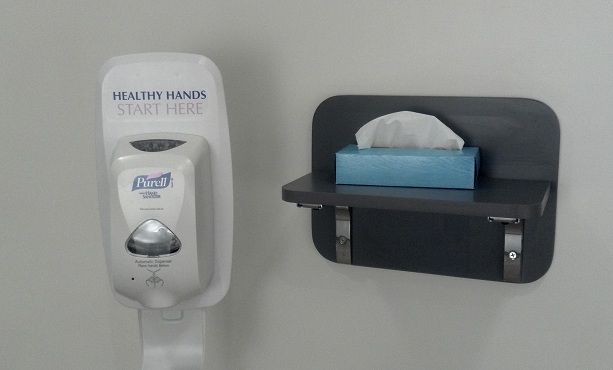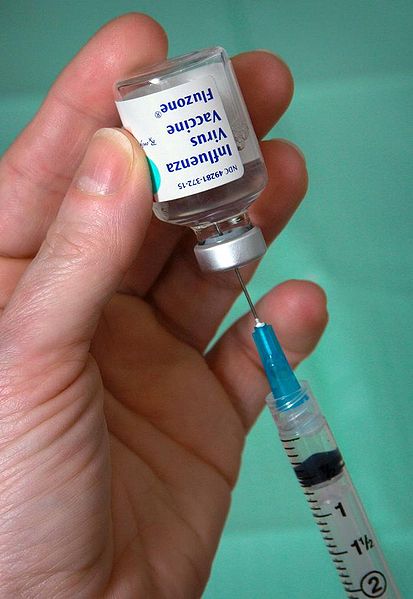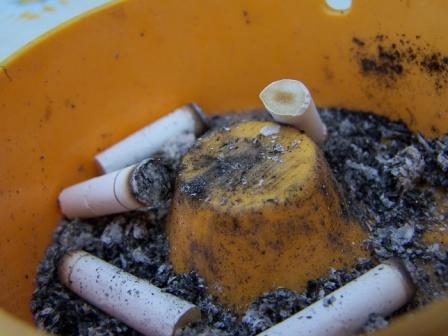Bad Flu Season Likely Has Not Peaked Yet
Influenza is now widespread across Pennsylvania and it doesn’t appear the season has slowed down yet. More than 11 thousand lab confirmed flu cases have been reported, with many more coming in each week. That compares to just over three thousand cases for all of the last flu season.
Holli Senior of the Pennsylvania Department of Health says they’re hoping the numbers will peak in the next few weeks. She adds we’re seeing more cases involving one particular strain, the Influenza A H3N2 strain, which is also associated with more severe cases, especially among the elderly. There have been nearly one thousand hospitalizations and 22 deaths blamed on complications from the flu in Pennsylvania this year.
Senior says people can still get a flu shot to protect themselves and others. This strain is covered in the vaccine. She adds that even if you got a flu shot, you should still take precautions, such as washing your hands and staying home if you have flu like symptoms. The effectiveness of the vaccine is affected by whether a person has underlying health conditions and other factors.
The department has been providing free flu shots at the Farm Show in Harrisburg. For those who cannot make it to Harrisburg, Senior says there’s a flu vaccine finder at flufreepa.com. If you still need help getting a flu shot, call 1-877-PA Health.








